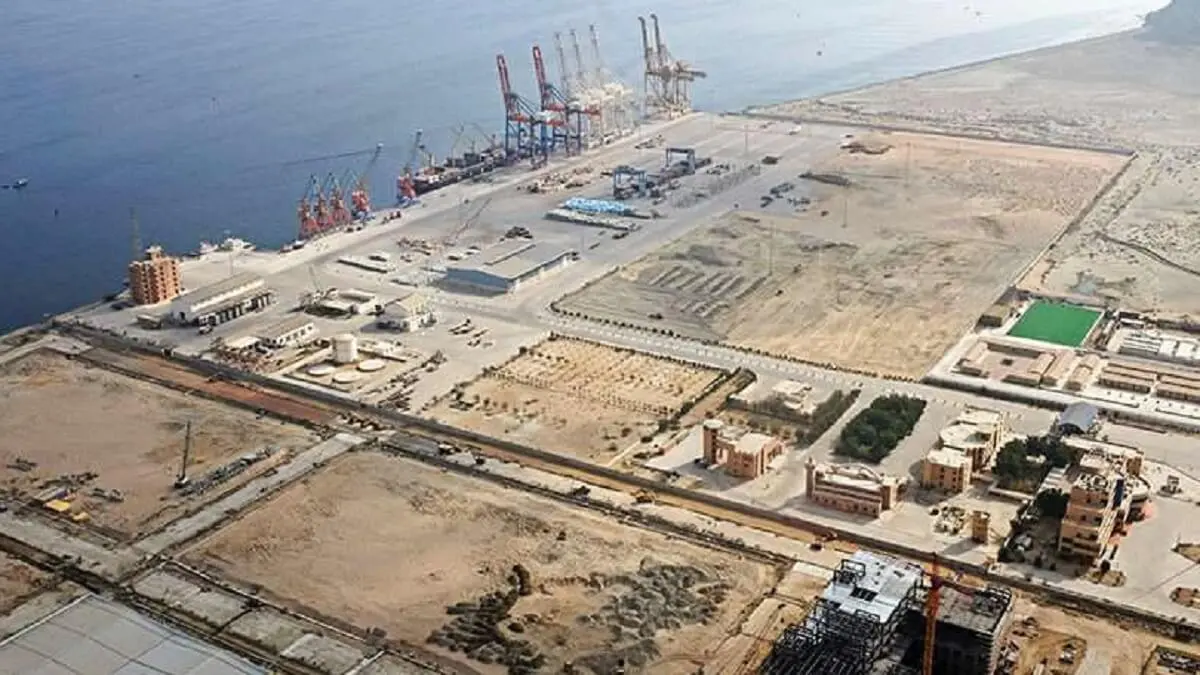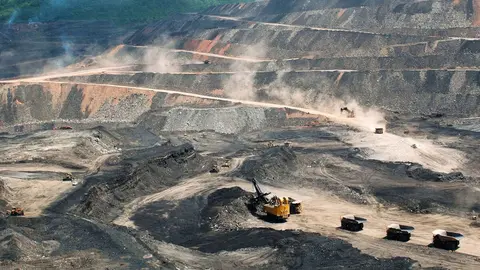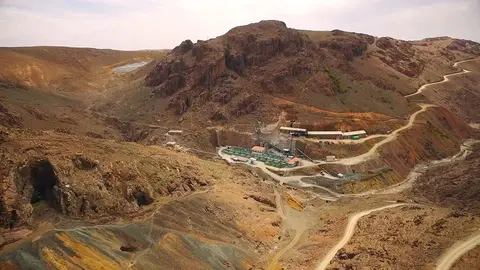China exercises control over rare earths and threatens global supply chains

The export of materials derived from rare earths is being conditioned by new Chinese control regulations. This, coupled with delayed approvals, is causing the situation to unfold as a challenge for global supply chains.
In early April, Beijing, in response to the announcement of tariffs by the Donald Trump administration in the United States, began its new strategy and imposed restrictions on the export of seven essential elements and permanent magnets. This comes after weeks of delays in the approval of export licences to Europe, a situation that makes it difficult to meet current demand in a timely manner and increases fears that the application system will be overloaded.
Specifically, the new restrictions mean that exporters will require licences from Commerce Department officials to ship these items, symbolising China's current power.
Rare earth elements are indispensable and strategic for the high-tech, automotive and defence industries, covering a range of products from semiconductor chips, mobile phones, electric batteries, robots, engines, electric cars, drones, wind turbines, missiles and even fighter jets.
US companies such as Tesla, Ford and Lockheed Martin have expressed concern about these measures, and even Wolfgang Niedermark, a member of the Executive Board of the Federation of German Industries (BDI), said that the window of opportunity for Europe is closing, that the damage could be substantial and that a lack of operational preparedness could prove crucial. In addition, the German company Volkswagen has stated that its supply of rare earth elements remains stable, but that its suppliers have been affected by export licence restrictions.

Similarly, US billionaire and Tesla CEO Elon Musk highlighted that China had questioned him about the use of permanent magnets in his robotic arms and the possibility of their use for military purposes. Furthermore, the CEO of Indian automotive company Mahindra & Mahindra, Rajesh Jujurikar, clarified that the processes for final certificates establishing that the elements will not be used in the manufacture of weapons are not yet in place.
In relation to the military sector, permanent magnets are essential in the manufacture of combat aircraft, such as those produced by Lockheed Martin, which means that these restrictions are expected to cause short- and long-term problems in the area's supply chains.
On the other hand, Cameron Johnson, a partner at Tidal Wave Solutions in Shanghai, believes that countries with deep-rooted relations with China are able to obtain the elements without the requests having to be officially accepted.

In short, rare earths have become a mechanism of economic control over the years, with the Asian giant controlling much of global production and supply of critical and rare minerals and metals. It also dominates the technology required for refining.
The United States' leadership in the rare earth sector has been displaced by China's progressive acquisition of these territories, especially as these rock deposits, which are so rich in material wealth, have become a geopolitical tool. Donald Trump has expressed his interest in negotiating an agreement that would give him access to Ukraine's rare earths in exchange for military support and his plan to take possession of Greenland, which is rich in these materials.
Although the tariff truce implemented this month after 90 days of trade confrontation between the two political and economic powers, the United States and China, has ended, it will probably lead to an increase in approvals by the Department of Commerce, but it gives a glimpse of the effect this will have on the future of exports. Similarly, the new measures are also driving the search for alternative measures or options to diversify sources and reduce dependence on China.










